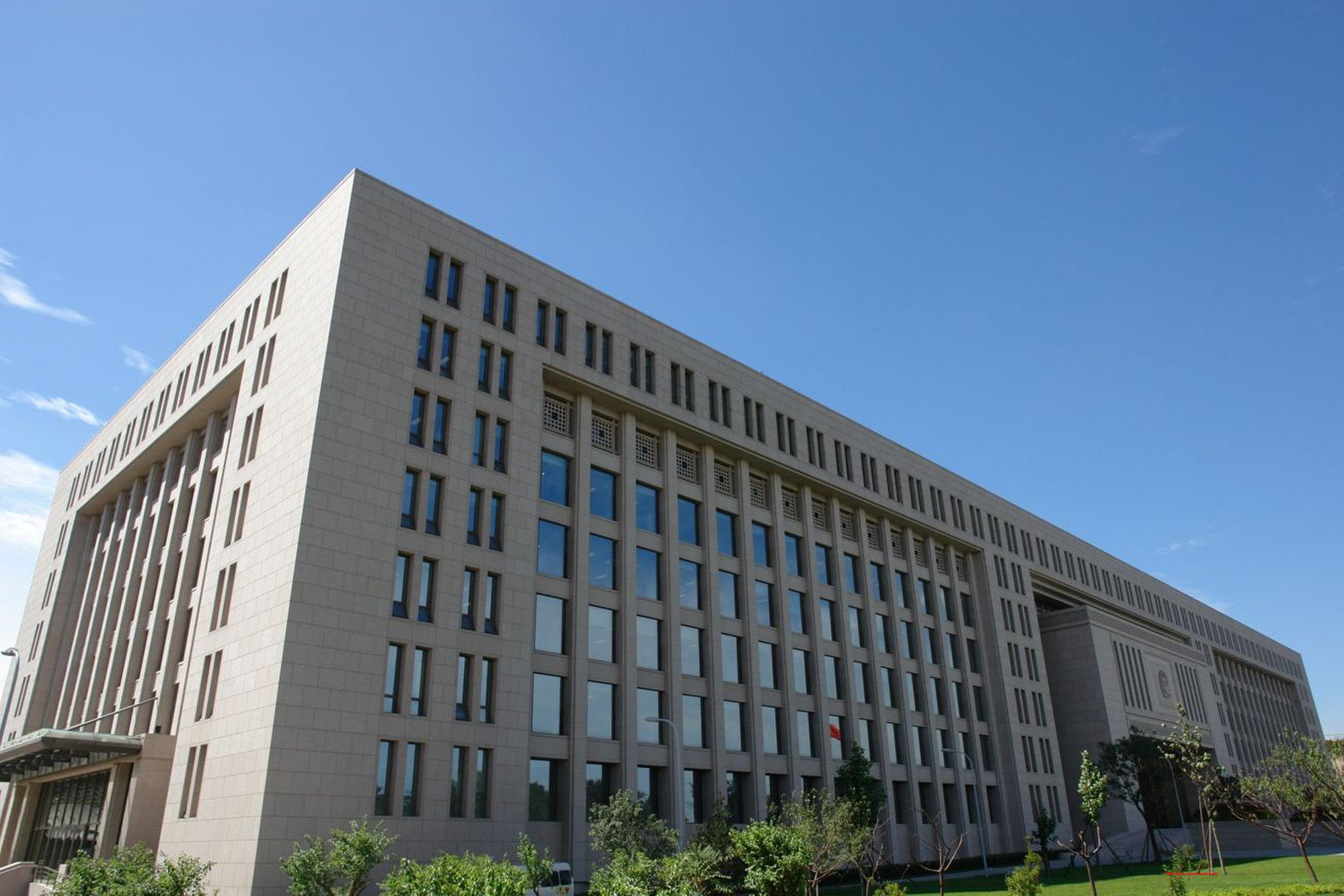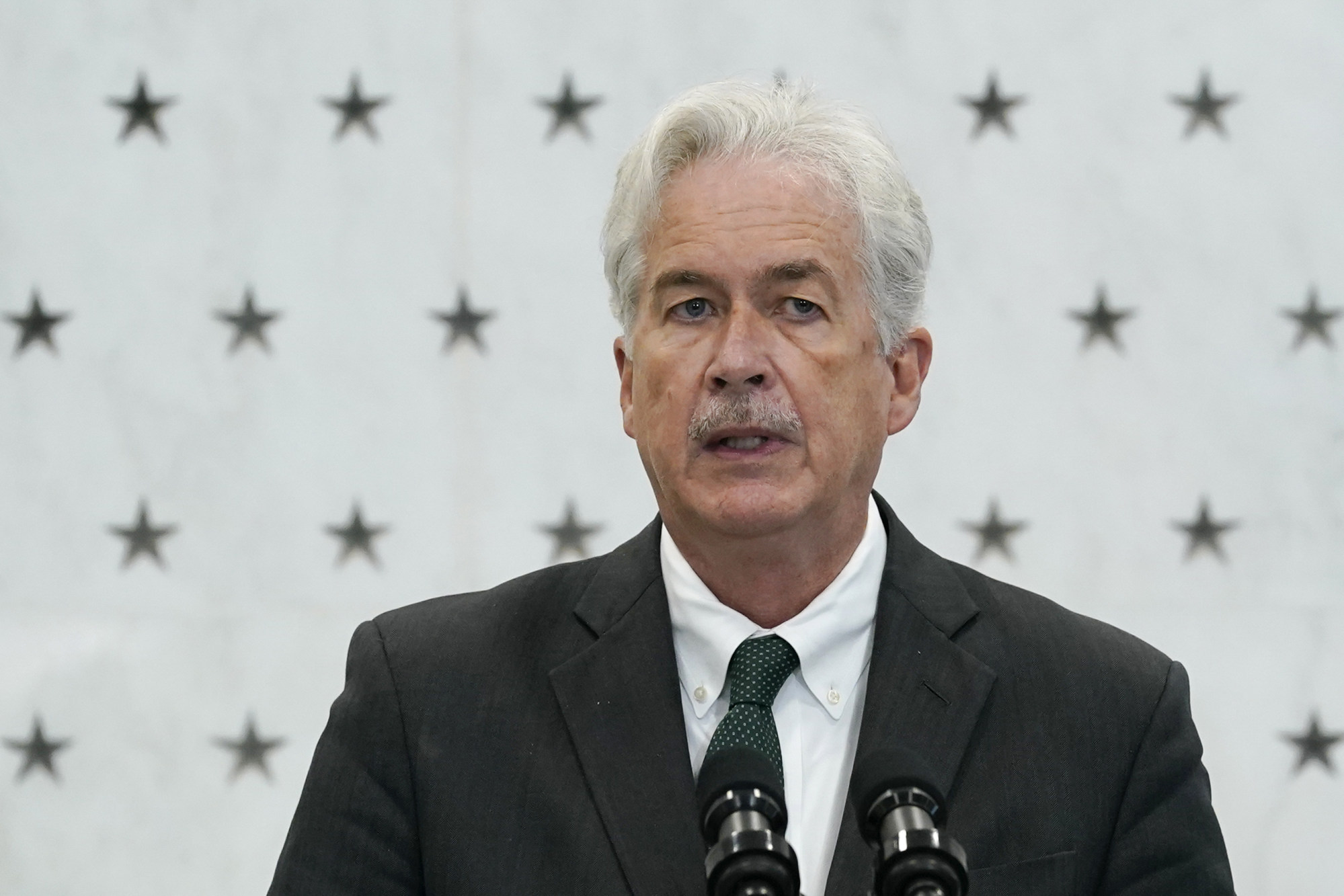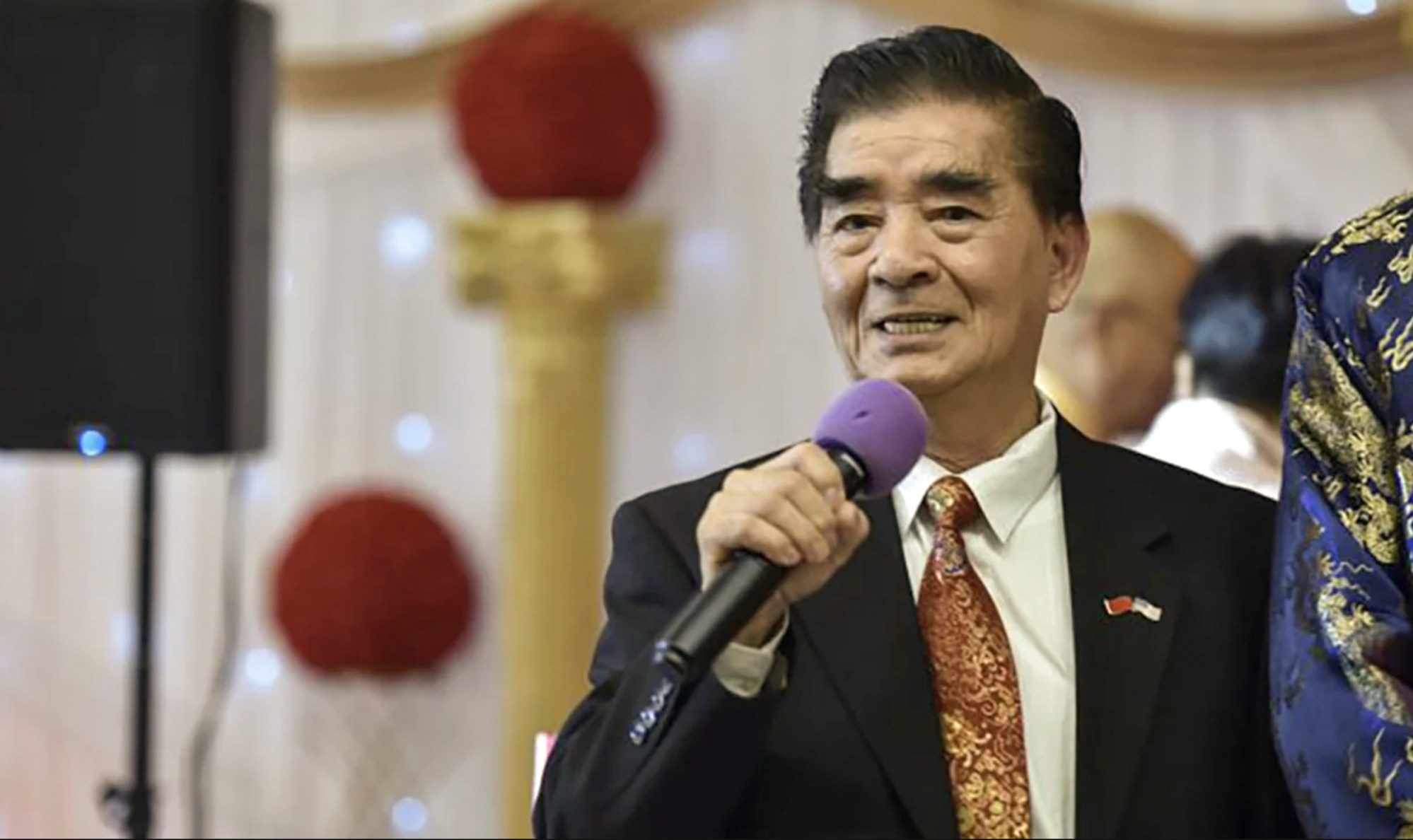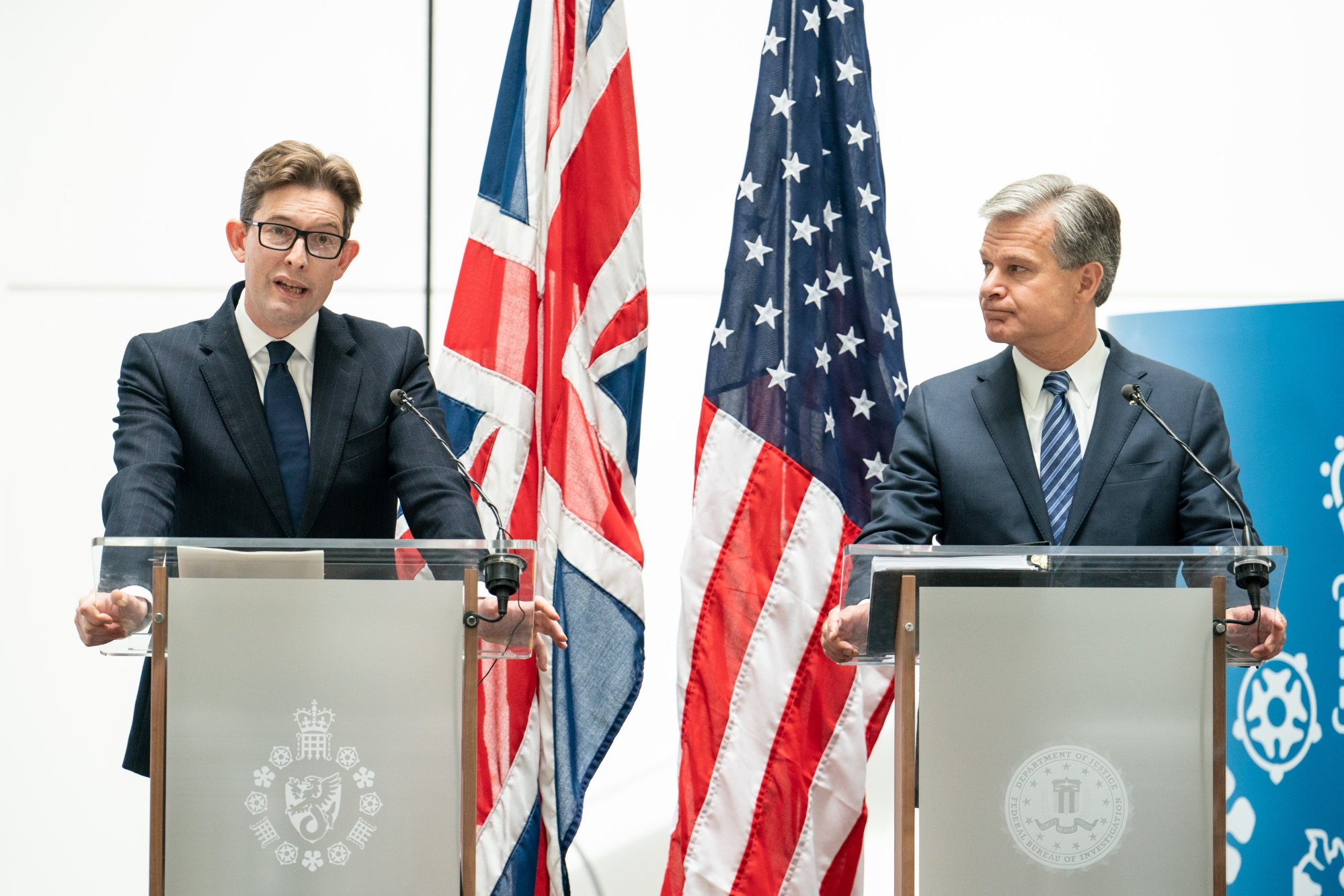Spy games: Why the US-China cold war is heating up in public

As part of Chinese President Xi Jinping’s heightened security focus, the MSS also called in August for an “all members of society” effort to catch US spies and safeguard against CIA recruitment. This included a hotline and unprecedented WeChat presence, as China further strengthens national security laws, disaffecting many foreign companies.
Be alert: China enlists the public in push back at US spying efforts
Be alert: China enlists the public in push back at US spying efforts
“It’s really hooked to bilateral relations,” said Matthew Brazil, senior analyst with Bluepath Labs, a research consultancy. “When you have a deterioration of relations, there’s naturally going be a political response, and that can include inadvisable paranoia, which is always harmful. And it’s not surprising we would see that kind of thing.”
When bilateral relations were better, espionage indiscretions were often played down to safeguard economic and diplomatic ties, experts said. In 2017, MSS officials were exposed in New York pressuring exiled billionaire Guo Wengui to return and face Chinese justice. After the US State Department argued for a non-confrontational approach, they were quietly returned to China, The Wall Street Journal reported.
In the past, the CIA, MSS and People’s Liberation Army even shared signal intelligence – about Moscow after the Sino-Soviet split, and about potential terrorists after September 11. “There have been many times of close collaboration,” a former intelligence agent said. “And vice versa.”
Such exchanges led to greater mutual insight, security experts added.
While both intelligence communities are good at hacking and online surveillance, China focuses on gathering massive amounts of information – a “thousand grains of sand” approach, often using students, businessmen and tourists – while the US prefers fewer bigger targets involving professional spies.
And while Beijing has more grass roots heft, US experts contend, the sheer volume of material can produce less focused intelligence, weaker analysis and more newly recruited agents making rookie mistakes. Furthermore, because the massive MSS monitors both foreign and domestic threats – unlike the CIA and FBI, which generally divide responsibilities – this can undercut coordination, they add.

These days, the two giants are clearly each other’s principal intelligence target. The CIA recently announced a new China “mission centre” and a hiring push for Mandarin speakers.
“When times are good, they work together a lot. When times are bad, like now, the level of cooperation recedes,” the former intelligence agent said. “Espionage can be a gentleman’s game or a bloody game.”
Previously, he added, MSS agents might return a US agent caught recruiting in a Beijing restaurant, for instance, and say “kindly take him out of the country. You just lost one. Better luck next time.”
In the current climate, people can get beaten up, apartments turned over, computers disassembled: “The game changes, it’s a bit rougher, much less gentlemanly.”
But the US is also working to “quietly strengthen intelligence channels” with Beijing to avoid a crisis, CIA Director William Burns said following an unpublicised May trip to Beijing.

While spying isn’t easily quantified, Western security agencies cite a huge increase in Chinese espionage – especially targeting trade secrets – in recent years.
Nicholas Eftimiades, an Atlantic Council senior fellow, said that headline-making espionage incidents worldwide involving China totalled 772 during the past 10 years, up 75 per cent over the prior decade. This vastly underestimates actual activity, he added.
In July, Burns said the US “had made progress on rebuilding a strong human intelligence capability”. That follows the reported arrest or execution of some dozen Chinese CIA agents, including an aide to then-MSS vice-minister Lu Zhongwei, a decade ago.
“China will take all necessary measures to firmly safeguard our national security,” Foreign Ministry spokeswoman Mao Ning said after Burns’s comments.

But paranoia may also leave agencies revealing imagined spies in addition to real ones, experts said, given the incentives to tout their counter-espionage wins and intimidate rival agencies.
“The consistent unveiling of espionage cases serves to emphasise China’s capabilities and determination in defending itself against foreign infiltration and manipulation,” the state mouthpiece Global Times wrote last week.
Security experts said one objective seems to be signalling to Chinese nationals working for Western companies that collecting economic intelligence is strictly forbidden.
China’s all-of-society campaign also risks producing bad intelligence.
“If you tell people they’re getting a reward, they err on the side of reporting, even if it’s score-settling,” said Sheena Chestnut Greitens, an associate professor at the University of Texas, Austin, who is writing a book on Chinese internal security.
“There is a risk to MSS of being too aggressive in getting people to report things. Actually, there is a risk that it could make their job harder.”
US spy agency ‘hacked Huawei HQ’: China confirms Snowden leak
US spy agency ‘hacked Huawei HQ’: China confirms Snowden leak
The new WeChat site unveiled by MSS – the super secretive agency lacks a listed telephone number – came partly in response to CIA claims of a rebuilt US spy network, according to a Chinese analyst who declined to be named.
“It’s also called on people to report on cases to create an atmosphere for national security mobilisation,” the Beijing-based analyst added.
Convincing people of the existential US threat has also meant acknowledging vulnerabilities long kept secret, as seen in a recent Xinhua report disclosing that Washington had hacked into Huawei Technologies headquarters since 2009.
“You can’t have a public campaign on espionage without being a little more open,” said Eftimiades, a retired intelligence officer specialising in China.
MSS, the PLA, FBI and CIA have at least one thing in common: it’s not easy for spy agencies to adapt to rapid shifts in social media, big data and open source intelligence.
Recently, Britain’s long-secretive MI5 and MI6 – which didn’t officially exist for their first 80 years – launched Instagram accounts. Last year, the FBI and MI5 held their first ever joint press conference – on the China threat – while the CIA has even set up a “Spy Kids” site, promoting the lure of “travelling the world and building relationships”.

“The idea that you can operate clandestine services in the shadows and nobody talks about it, that’s over,” said Walton of the Kennedy Centre, author of “Spies: the Epic Intelligence War Between East and West”.
“It’s unsurprising that we find spy agencies are grappling with this more public-facing role.”
Intelligence communities also have shifted to fundamentally different targets. Where once the adversary’s intent, capability and verification regarding nuclear weapons were paramount, it’s now all about artificial intelligence, quantum computing and biotechnology.
As the gloves come off, China is also less coy about identifying the United States by name.

In 2005, China’s state-sponsored “State Secrets” TV drama – rolled out ahead of the 2008 Beijing Olympics and its influx of foreigners – depicted Chinese citizens convinced to spy by “unnamed” foreign powers.
“With the Silent Section”, a follow-up series currently streaming, clearly depicts the foreign spies as Americans – including “Charlie” who ultimately gets caught and takes a poison pill.
For the foreseeable future, there’s little sign of any letup in the trans-Pacific machinations, experts said.
“The PRC has a massive force focused on cyber operations and so that creates a unique challenge,” said David E. Frederick, the National Security Agency’s assistant deputy director for China. “We cannot be complacent or underestimate China’s capabilities.”





